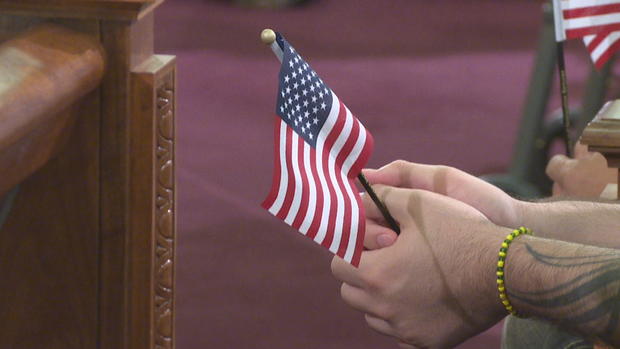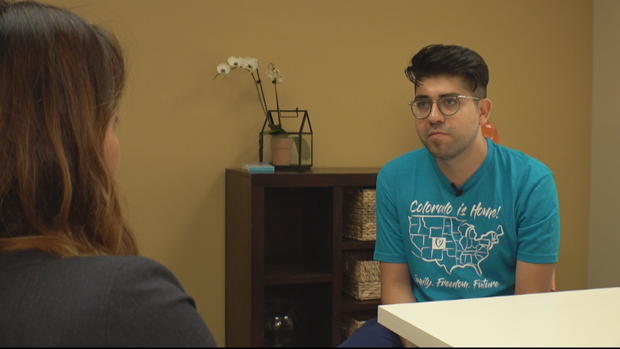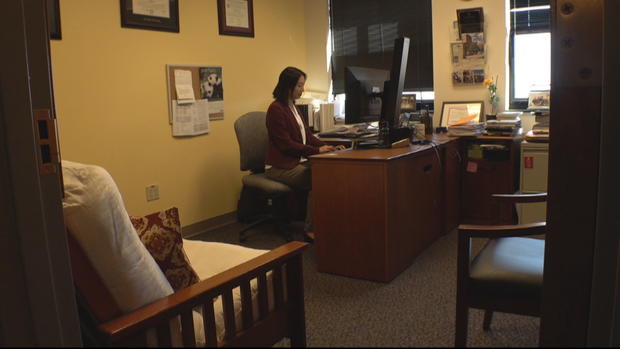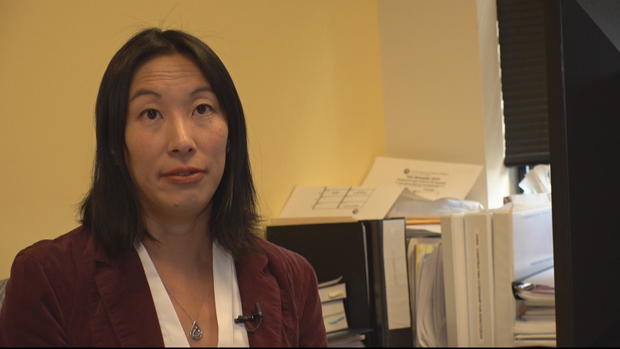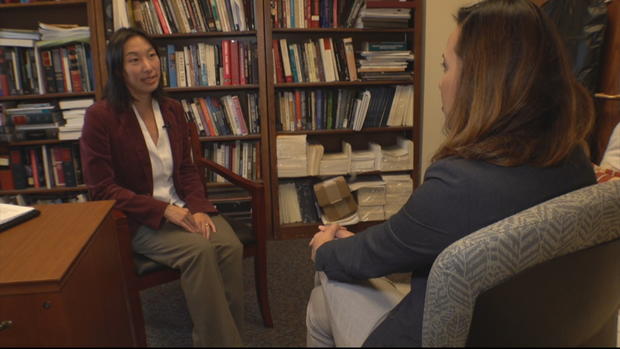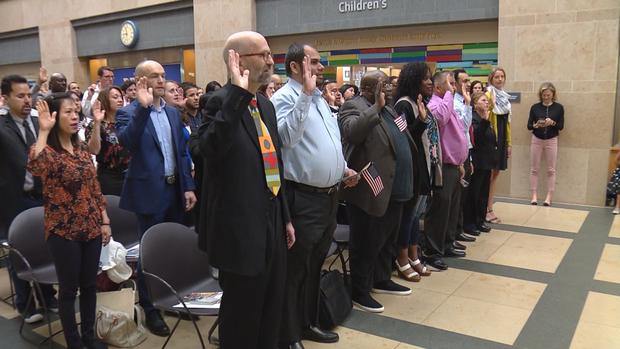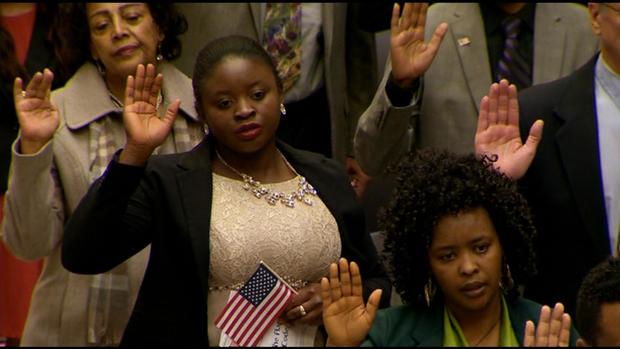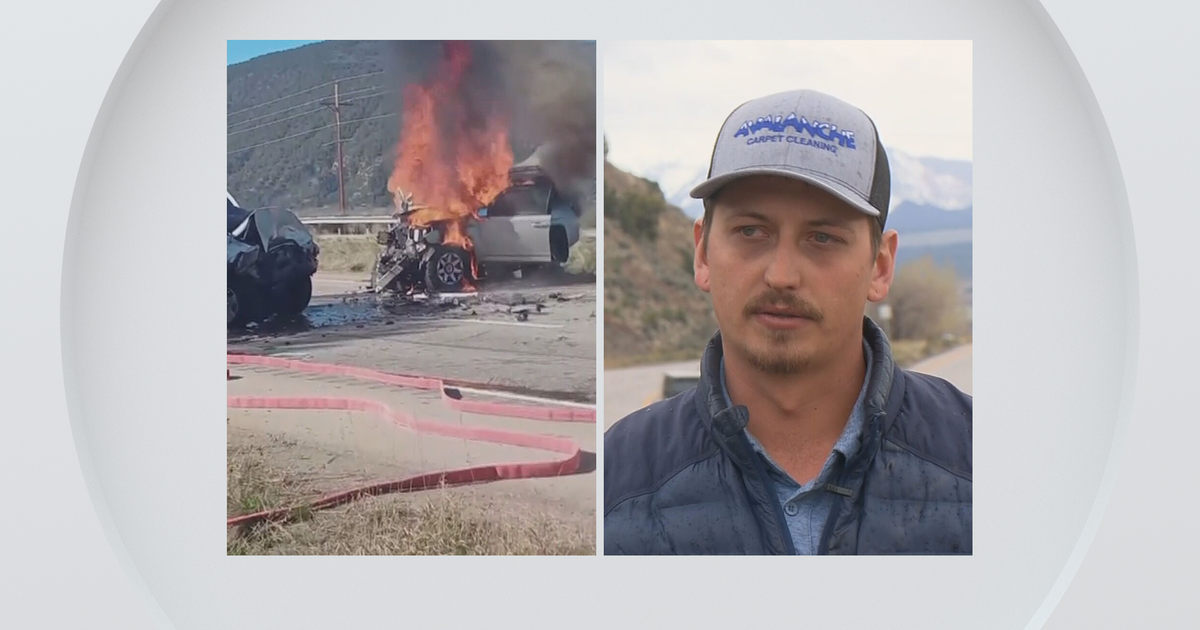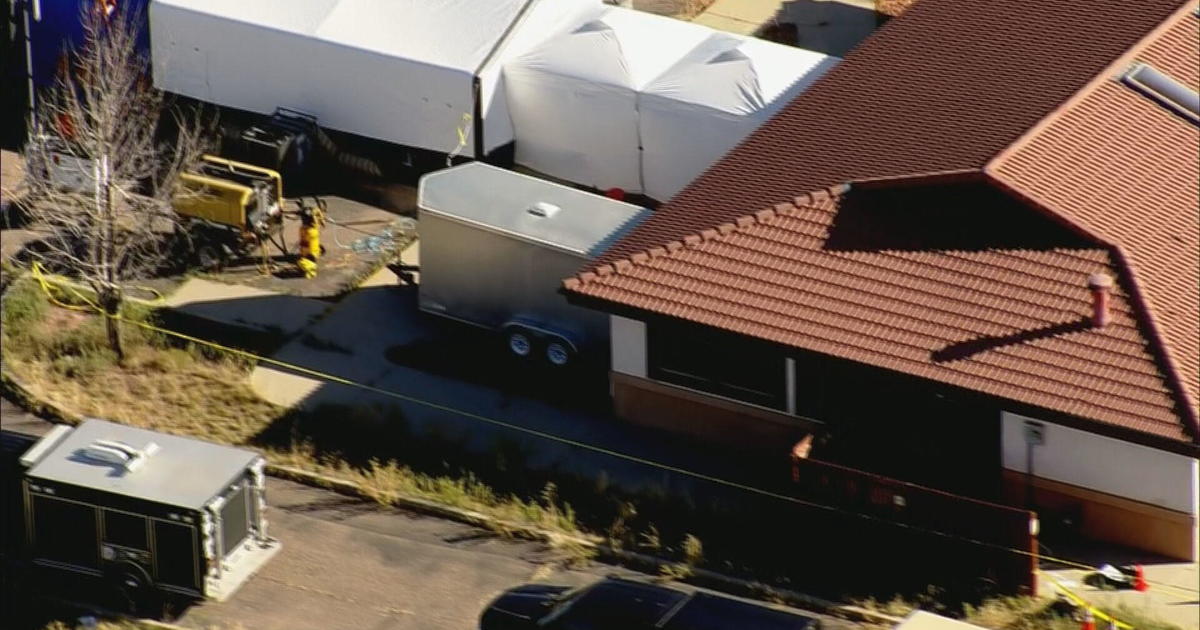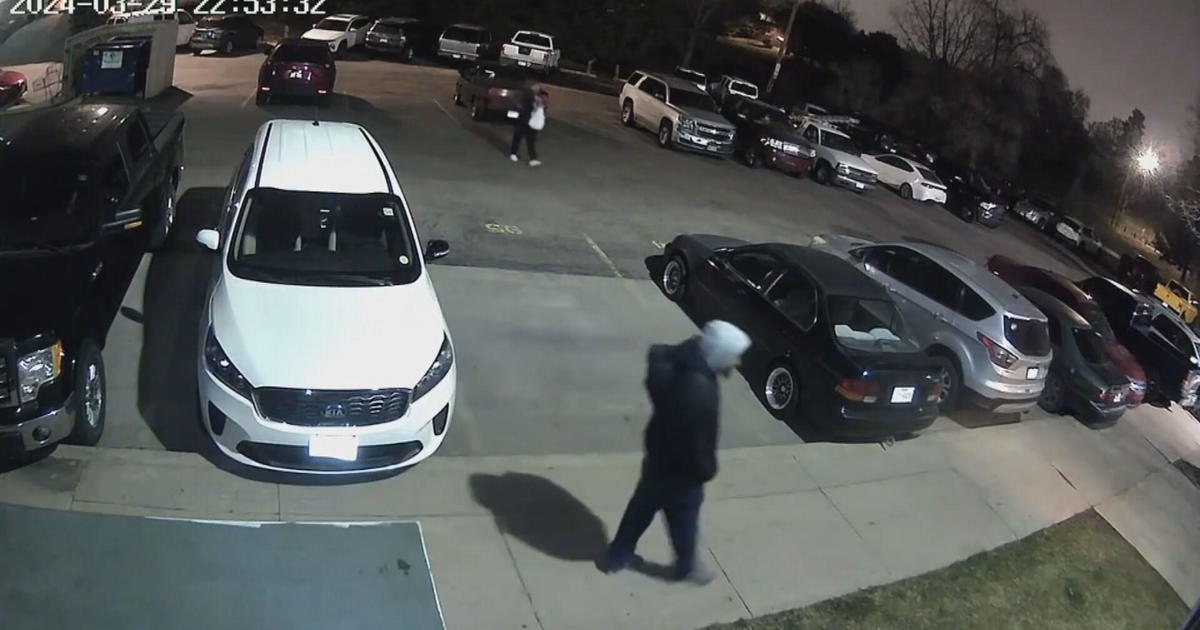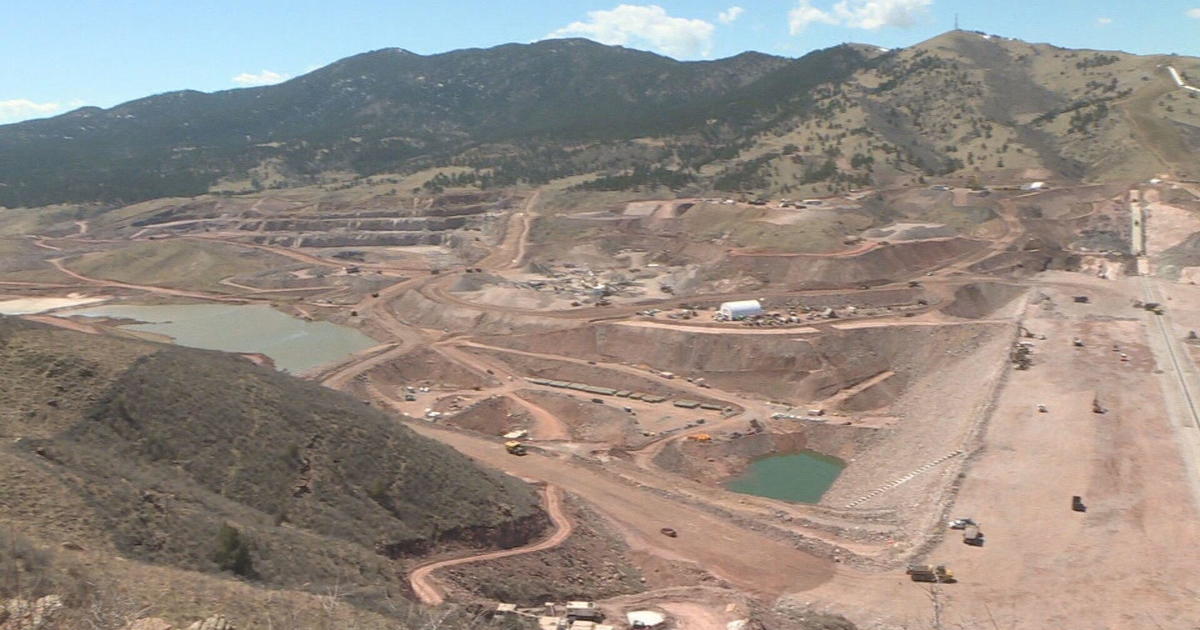Citizenship Backlog Prolongs Wait For Immigrants
DENVER (CBS4)- Tuesday is Citizenship Day, a day reminding Americans what it means to be a citizen. Yet, thousands of people who have done everything they can to naturalize are stuck in a backlog of applications for U.S. citizenship.
"We didn't even hear back from USCIS (U.S. Citizenship and Immigration Services) until 2008," Christian Serrano said.
Serrano currently works as the communications coordinator for Colorado Immigration Rights Coalition, but he along with his family members are waiting to one day become a U.S. citizen.
"And all they said was, 'We got your application' and it's been another 10 years," said Serrano.
Now a new report reveals the last step to naturalize is taking even longer. For some it is taking 18 months, that's double the time since 2016.
U.S. immigration officials now have a backlog of about 700,000 applications, that's been accruing since 2006. In Colorado, that number is over 9,000.
"It focuses primarily on the impact of the backlog, regardless of what the causes are there isn't a specific finding of intent," Ming Hsu Chen, professor of immigration law at the University of Colorado.
Chen helped compile the report for the Colorado State Advisory Committee to the U.S. Commission on civil rights.
"I think it's really important to remember the individuals that we're talking about who are waiting for citizenship are people who have been living in the United States for more than 10 years, they've come to the United States on a valid Visa."
And those applicants have followed all the requirements, but the government isn't holding up its part of the promise, and that Chen points out potentially infringes on people's rights.
"Immigrants can't vote, immigrants don't always have access to the congressman and the representatives."
Not only can immigrants not vote, but they're also denied federal jobs and government benefits.
USCIS Spokeswoman Jessica Collins says the process is improving and explained, "The pending naturalization caseload which skyrocketed under the Obama administration, more than doubling from 291,800 in September 2010 to nearly 700,000 by the beginning of 2017. Despite a large workload, USCIS is completing more citizenship applications, more efficiently and effectively—outperforming itself as an agency. In fact, in Fiscal Year 2018, USCIS exceeded a 5-year high in both new oaths of citizenship and the number of applications processed. This is a testament to the diligence, training, and expertise of adjudicators and agency staff stationed at our offices around the country."
USCIS expects the backlog to fall sharply soon. "The truth is that while many factors relating to an individual's case can affect processing times, waits are often due to higher application rates rather than slow processing. That is why USCIS has implemented a range of process and operational reforms, hired additional staff, and expanded its facilities to ensure its ability to adjudicate keeps pace with extraordinary demand for its services over recent years. USCIS strives to adjudicate all applications, petitions, and requests as effectively and efficiently as possible in accordance with all applicable laws, policies, and regulations."
While Serrano hopes his family will one day get to become citizens and vote, he's not confident that will happen before 2020.
